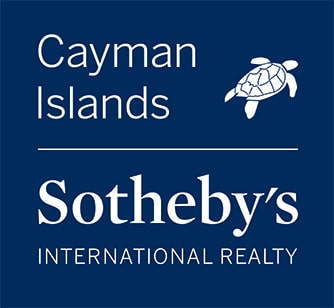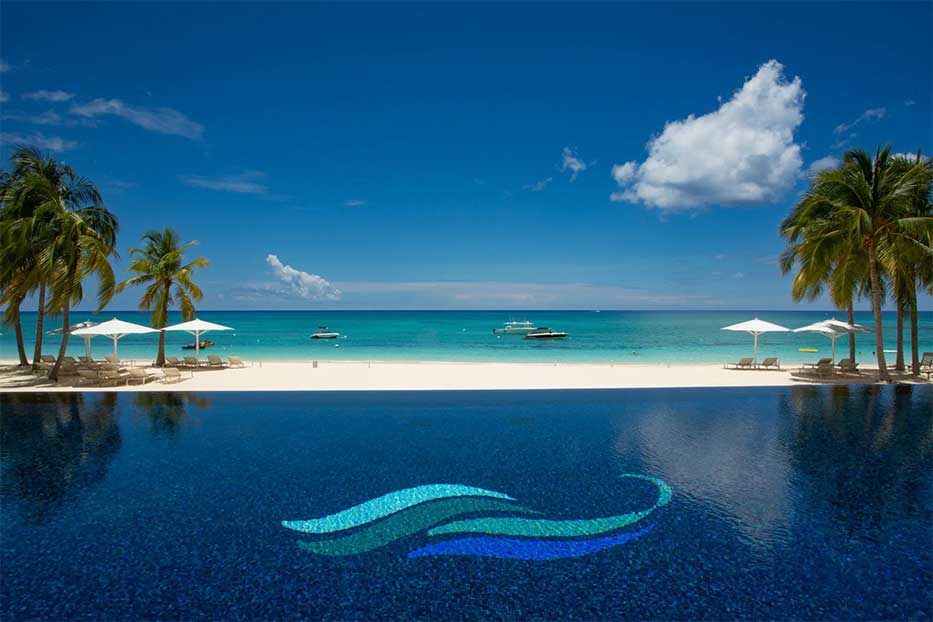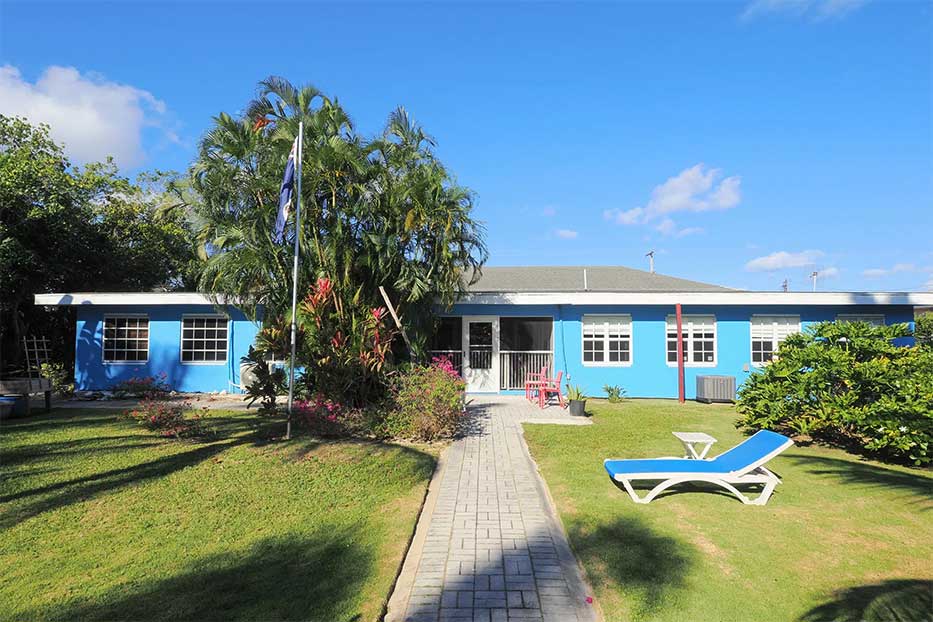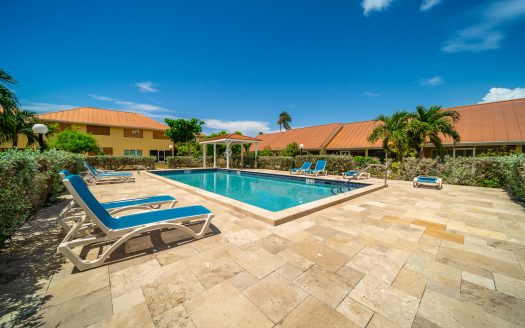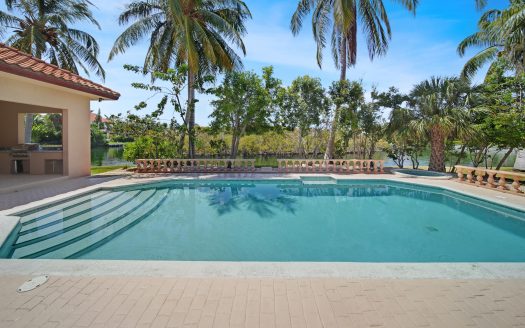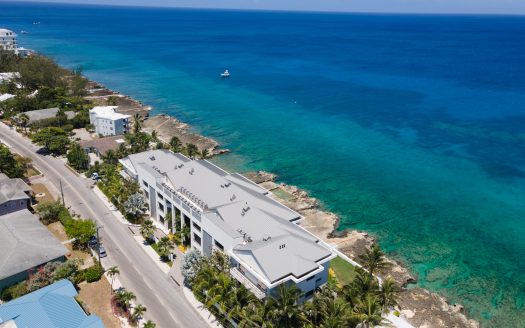Long-term Cayman rentals
Finding a rental property in the cayman islands
For those moving to the Cayman Islands to begin new employment, finding a rental property that you can call home is key to getting settled quickly to enjoy your new Caribbean life. Those visiting the Cayman Islands for the first time can rest assured that we will guide you through every aspect of renting a property, including finding the ideal location, negotiating the lease, and even setting up utilities.
Our rental specialists have access to a wide range of rental properties all over the island. Simply tell us your requirements, and we will do the rest.
Before you arrive in Cayman
It is advisable to start looking for a rental property approximately four weeks before you wish the lease to begin. For many people relocating, this may mean starting your rental property search before you arrive on island. If this is the case, you’ll find the assistance of a rental specialist to be invaluable.
We have a wealth of local knowledge to guide you to your perfect rental property. The first step is to establish an accurate budget for the monthly lease and your requirements, such as the number of bedrooms, preferred property type, and location. This information will help us to identify the best properties to suit your needs. Please note that not all landlords will permit pets, and those that do will usually require an additional security deposit.
Arriving in the Cayman Islands
Many companies who recruit employees from overseas will offer temporary accommodation as part of a relocation package – allowing an opportunity to find suitable long-term rental accommodation on arrival. Typically, the process of searching for a rental property shouldn’t take longer than a couple of weeks and, in many cases, much less if the search has started before arrival.
Moving to a new county is a big step and can seem intimidating, even moving to the Caribbean, although you may not get much sympathy if you mention this to your friends. Luckily, working with a rental expert will help to mitigate much of the stress and anxiety of finding a new home.
The landlord pays all fees for tenant placement, so there will be no cost to you, the tenant.
The best long-term rental property to suit your needs
Due to the transient nature of the Cayman Islands population, there is usually a good selection of long-term rental properties available on the market at any given time.
Many prospective tenants gravitate towards the dream waterfront location of Seven Mile Beach. However, be prepared as monthly leases in this prime location will be priced accordingly.
There are less expensive waterfront locations, some of which may also offer docking space for a boat.
We will help you find a property that provides the best balance of price, accommodation, location, and lifestyle for your needs.
Securing a rental property
Once the right rental property has been identified, we will assist you in negotiating the lease’s rate and terms with the landlord.
Most long-term rental properties lease in the Cayman Islands for a minimum term of twelve months. However, if you arrive during the low season and are looking to rent a Seven Mile Beach condo, a rental period of just six months may be considered if the lease expires before the high season begins. Most landlords within the Cayman Islands use a standard lease, but this should be read carefully and discussed before committing.
Attention should be paid to the following details:
- Term of lease: Can either the landlord or the tenant break the lease.
- Maintenance of property: It may be the landlord’s responsibility to fix items in disrepair, but the responsibility for items requiring regular maintenance, such as the cleaning of a swimming pool or gardening, should be established in the lease.
- Damage to the property: This will usually be paid for out of a security deposit; usually, one month’s rent is paid upfront, be aware of the terms and conditions.
- Insurance: The landlord’s responsibility is to insure the property, but personal items should be insured at the tenant’s own expense.
- Utilities: The tenant is usually responsible for most utilities. The lease should address these items & how the payment will be set up.
- Inventory: An inventory of items included with the rental property should be attached to the lease and agreed to by both landlord and tenant.
Once the lease has been agreed and executed, a security deposit, usually consisting of one month’s rent, will be taken, as well as the first month’s rent in advance. If the landlord has agreed to allow pets within the rental property, an additional pet security deposit may also be required. View our rental listings.

